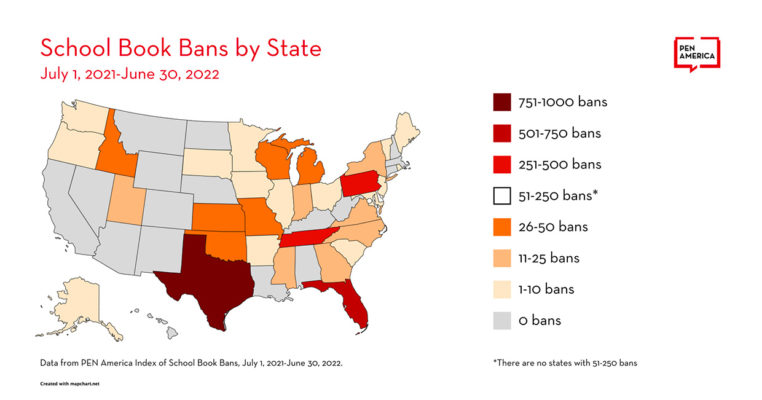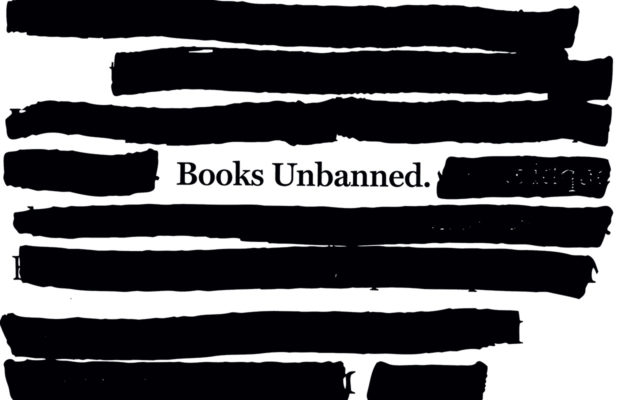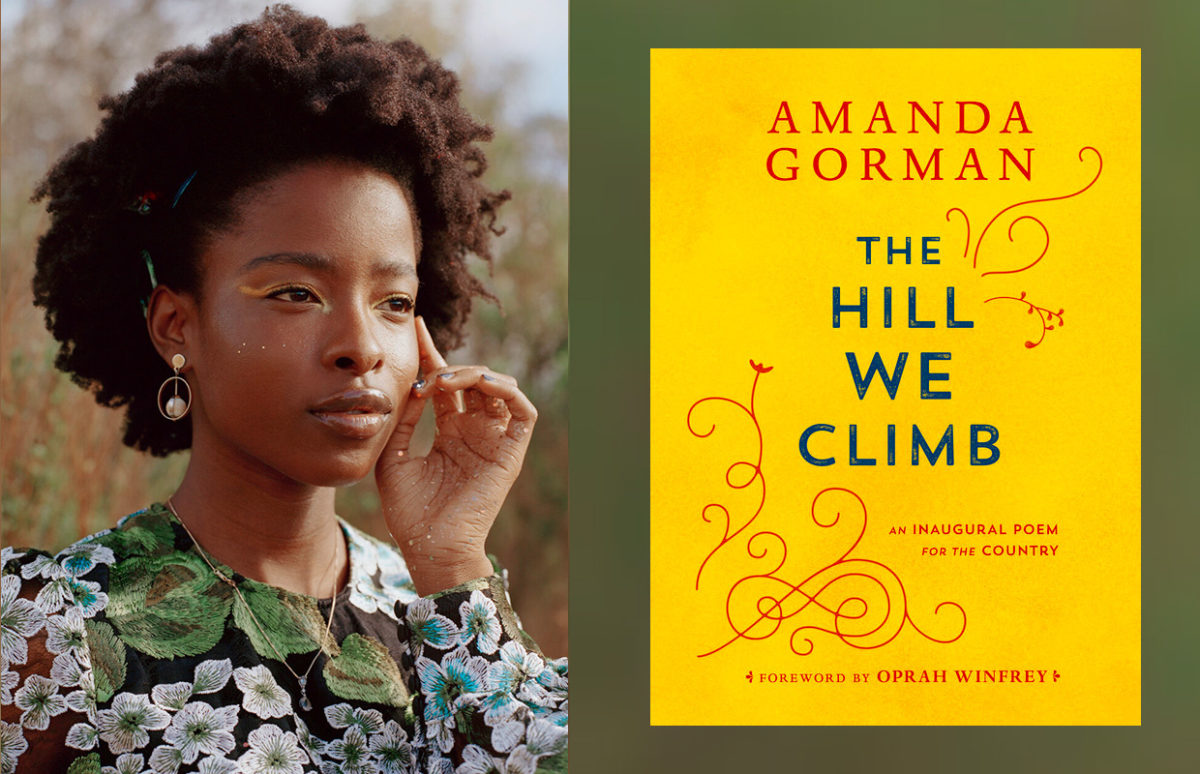Amanda Gorman, who wrote and performed her poem “The Hill We Climb” for Joe Biden’s inauguration, is the latest author affected by a wave of book bannings in U.S. schools and libraries. She took to social media to denounce her book being banned after one single complaint from a parent.
The poem was one of five books challenged by a parent of children at the school in the Miami-Dade school district, on Black History and Cuba. The parent said she objected to the poem because it was “not educational” and has “indirectly hate messages”.
Gorman later announced on her social media accounts that the passages cited by the parent were:
“We’ve braved the belly of the beast.
We’ve learned that quiet isn’t always peace,
And the norms and notions of what ‘just is’
Isn’t always justice.”
and
“And yet the dawn is ours before we knew it.
Somehow, we do it.
Somehow, we’ve weathered and witnessed
A nation that isn’t broken, but simply unfinished.”
A school removed Gorman’s poem from the elementary school section of its library, moving it to the middle-school section. But free-speech associations say there is a large increase in books being actually removed from both school and public libraries.
According to PEN America, the authors’ free-speech organisation, 565 books were banned in Florida schools in the 2021-22 school year.

The American Library Association documents book-ban attempts in libraries across the U.S. It says that in 2022 it recorded the highest number since it started compiling data more than 20 years ago: 1,269 demands targeting 2,571 titles (most demands cited several books ). This was up 38 percent from the previous year. The majority of the books were written by or about LGBTQ characters or people of colour and included The Bluest Eye by Nobel laureate Toni Morrison.
You can see the top 13 list of books that were threatened with banning in libraries in 2022 on the ALA site, as well as those for previous years.
In recent years, books that have been demanded to be banned, some of them several times, include classics such as To Kill a Mockingbird by Harper Lee, Of Mice and Men by John Steinbeck, The Handmaid’s Tale by Margaret Atwood and The Curious Incident of the Dog in the Night-Time, by Mark Haddon.

Parent Power and Legislation
The current flurry of bans comes from a conjunction of increased complaints by parents, often organised in lobby groups, along with restrictive legislation about what schools can teach or expose children to. 32 states now have legislation concerning subjects addressed in schools. Much of this legislation purports to protect children from being exposed to “divisive topics” such as related to sex, race, ethnicity, religion, or national origin.
Many of the terms used are left sufficiently vague that educators aren’t sure what they can or cannot discuss, and education unions say they are likely therefore to self-censor. But the general intention to avoid discussions around social justice and historical injustice are clear as many bills lay out principles such as “A person, by virtue of his or her race or sex, does not bear responsibility for actions committed in the past by other members of the same race or sex.” (Florida HB7)
Legislators have been less ambiguous when trying to banish LBGTQA+ topics from schools. Louisiana is the latest state to legislate on the matter, effectively banning discussion of sexual orientation or gender identity at all levels of its school system.. On 9 May 2023, its State Legislature passed House Bill 466, which states:
Section 1. A.(1) No teacher, school employee, or other presenter at a school shall engage in the following discussions with students in grades kindergarten through twelve:
(a) Covering the topics of sexual orientation or gender identity in any classroom discussion or instruction in a manner that deviates from state content standards or curricula developed or approved by public school governing authorities.
(b) Covering the topics of sexual orientation or gender identity during any extracurricular academic, athletic, or social activity under the jurisdiction of the school or public school governing authority.
(c) Discussing his own sexual orientation or gender identity.
Although Section 2 says that, "Nothing in this Subsection shall be construed to mean a student may not seek out guidance from a teacher or licensed mental health professional outside classroom hours with prior parental consent," many teachers, pastoral staff and LBGTQA+ point out that many questioning teenagers feel unable to discuss the topic with their parents, never mind ask for their consent.

Brooklyn Public Library in New York has decided to allow teens from across the country to access its eBook collection, which contains some of the books banned certain places. It has opened membership, normally limited to residents of Brooklyn, to any teenager requesting a card.
Copyright(s) :
Kelia Anne
Penguin Random House
PEN America
Brooklyn Public Library
Tag(s) : "Amanda Gorman" "book bans" "books" "censorship" "Culture et création artistiques" "freedom of expression" "Joe Biden" "Langages artistiques" "libraries"






